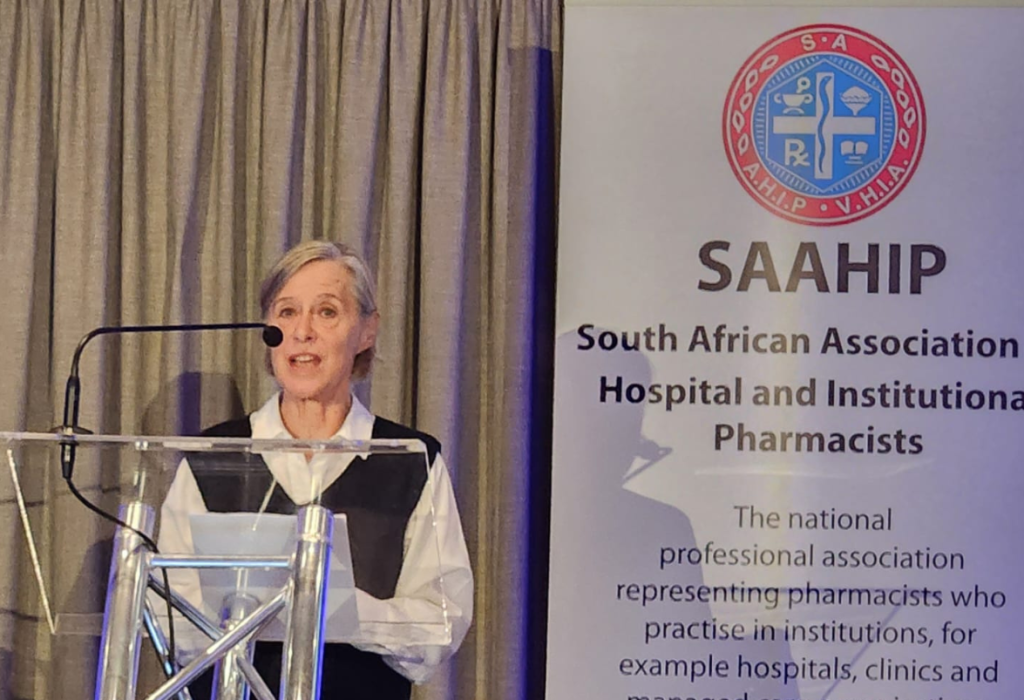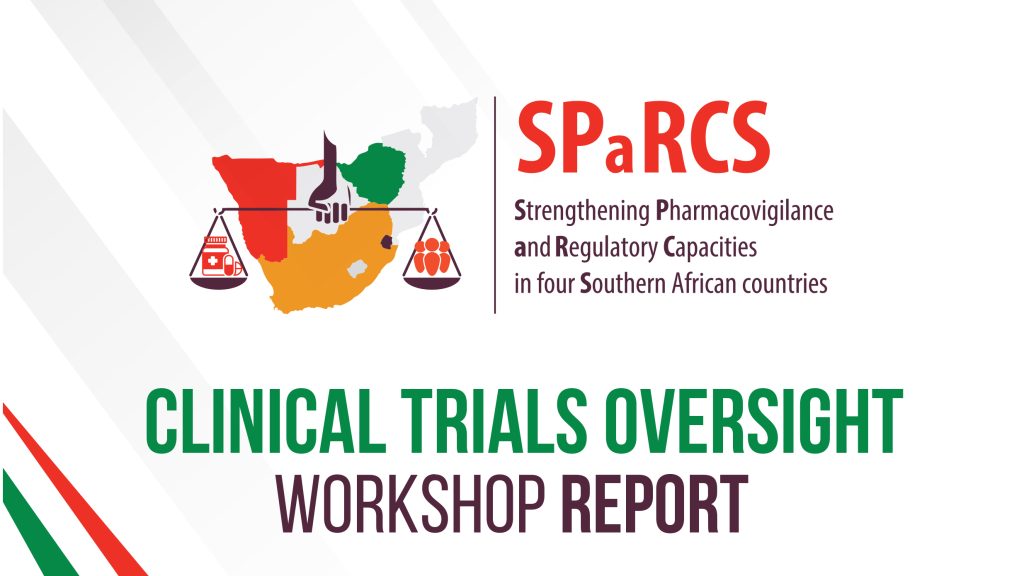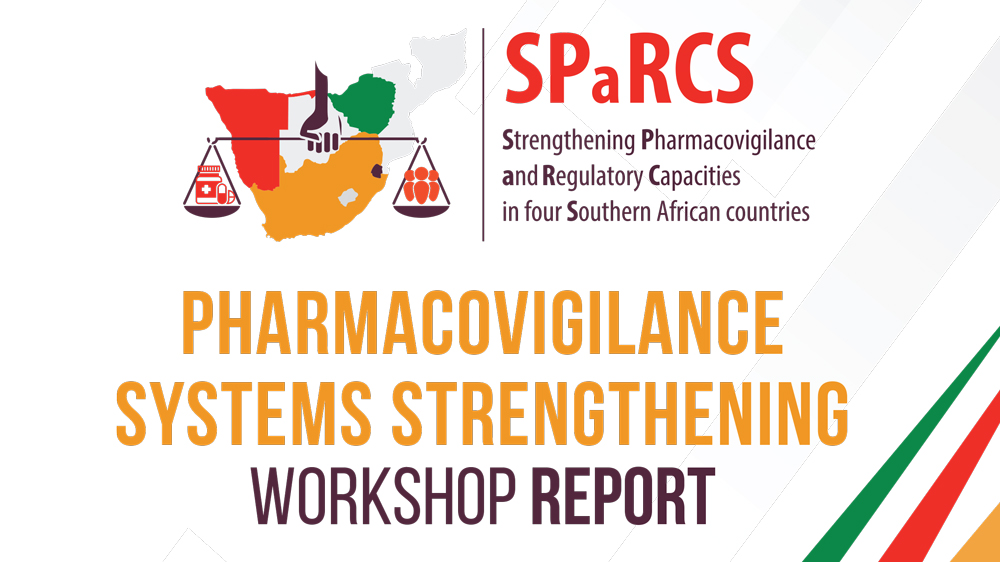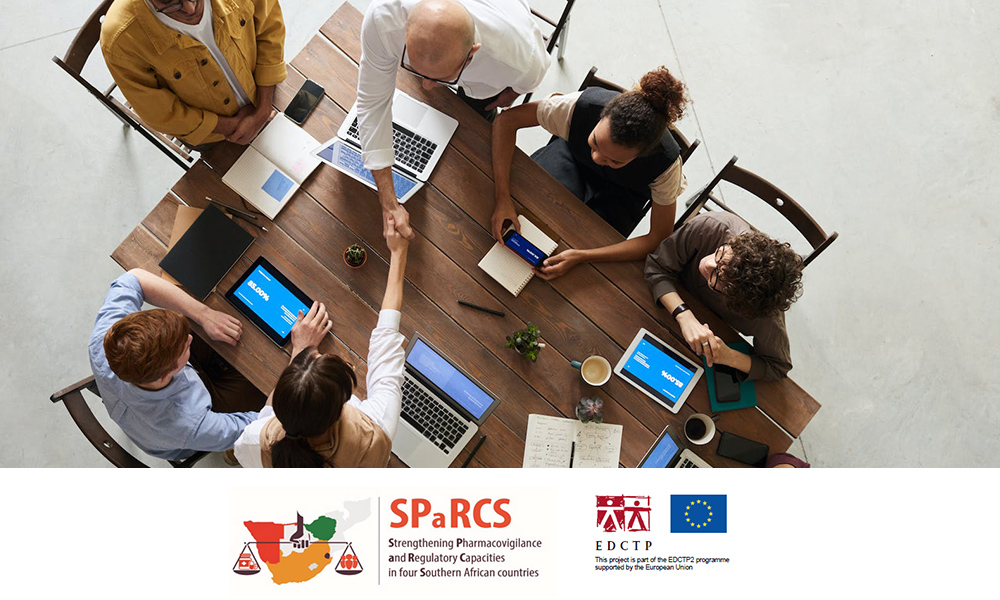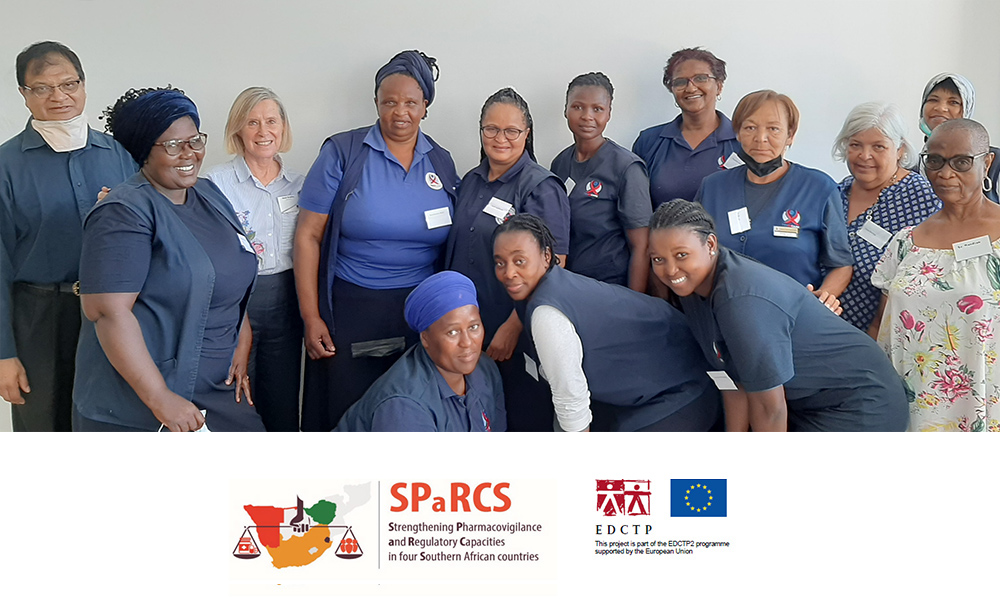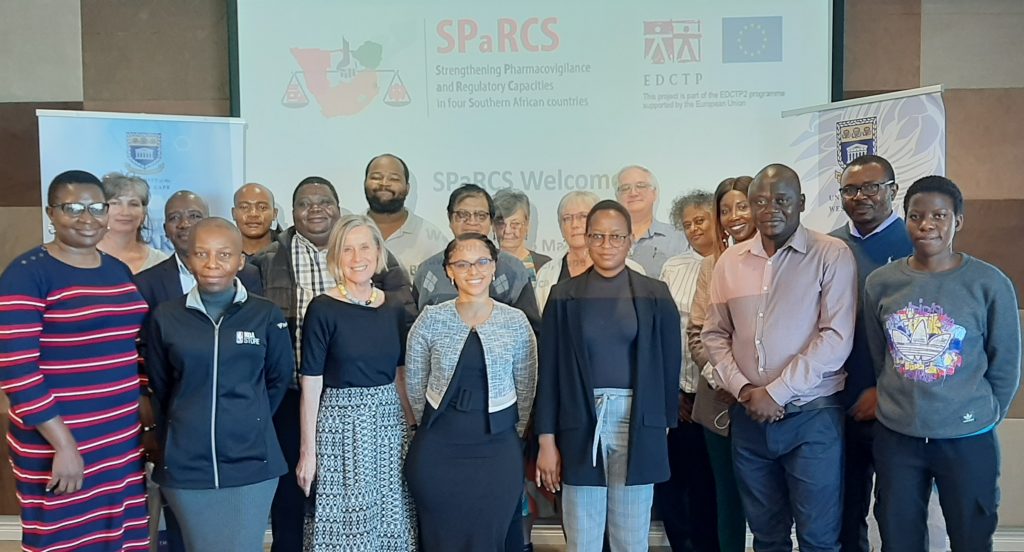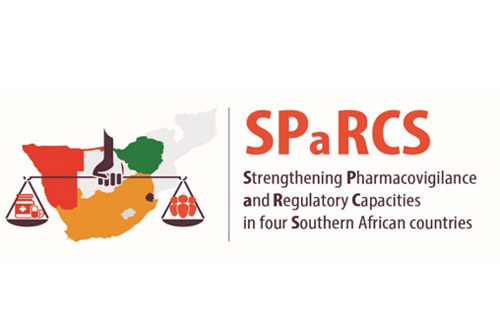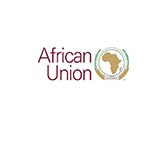
African Regional Community of Practice for Gender and Health
24 April 2023South African higher education institutions as drivers of change for health and wellbeing
7 February 2024
The scope and role of community health workers (CHWs) has evolved globally over the years and may differ from country to country. The World Health Organization (WHO) promotes task-shifting of primary health care roles to CHWs to help alleviate overstretched health systems. In Southern African health systems, CHWs play crucial roles in health promotion, supporting primary health care services and as vehicles of community participation within their own settings. However, despite the important roles CHWs play in monitoring treatment of TB and HIV medication, they have almost no training in adverse drug reactions (ADRs) and little material is available on this topic for this level of health worker. The SPaRCS project worked collaboratively between 2020 and 2023 to develop training materials to address this gap.
The training materials were developed collaboratively between the SPaRCS members – Prof Michelle Viljoen, Dr Mukesh Dheda and Dr Hazel Bradley – and TB HIV Care, a registered non-profit organization based in Cape Town. The materials were also piloted in Nambia and Eswatini, and were finalized with input of the other SPaRCS collaborators, in particular Mr Star Khoza, Ms Anna Shimbulu, Ms Pia Simeon, Mr Liberty Chirinda, and Mr Siphesihle Ntini.
The training materials comprise two documents: A PowerPoint Training Presentation and A Manual for Facilitators.
The PowerPoint training presentation, The Community Health Workers (CHW) and Suspected Adverse Drug Reaction (ADR) Reporting aims to heighten the awareness of CHWs about adverse drug reactions and how and when to report these. The purpose of the training manual is to assist facilitators to plan and prepare for the training presentation, so as to successfully achieve the aims and objectives.
The training facilitator should ideally be a pharmacist or a registered nurse. Health definitions, as well as knowledge of the country’s referral system for ADR reporting from a community perspective are required. As the facilitator, a pharmacist or registered nurse should have the necessary knowledge and experience to adapt the training presentation to reflect their country’s local context.
Training Materials
ADR reporting CHWs for presenter with notes
SPaRCS Training Manual
The views and opinions of authors expressed in the materials do not necessarily state or reflect those of EDCTP. They do not necessarily reflect the views or policies of the UWC or its partners or indicate that UWC or its partners endorses the views of the authors.
The materials are open source, shared under the terms of a Creative Commons Attribution – Non Commercial – No Derivatives 4.0 International licence (CC BY-NC-ND 4.0), a copy of which is available at: http://creativecommons.org/licenses/by-nc-nd/4.0/.
For more information on the training materials or the project and follow-up activities please contact Hazel Bradley or Michelle Viljoen
Acknowledgements:
The SPaRCS project is part of the EDCTP2 programme supported by the European Union (grant number CSA2018ERC-2332-SPaRCS)

